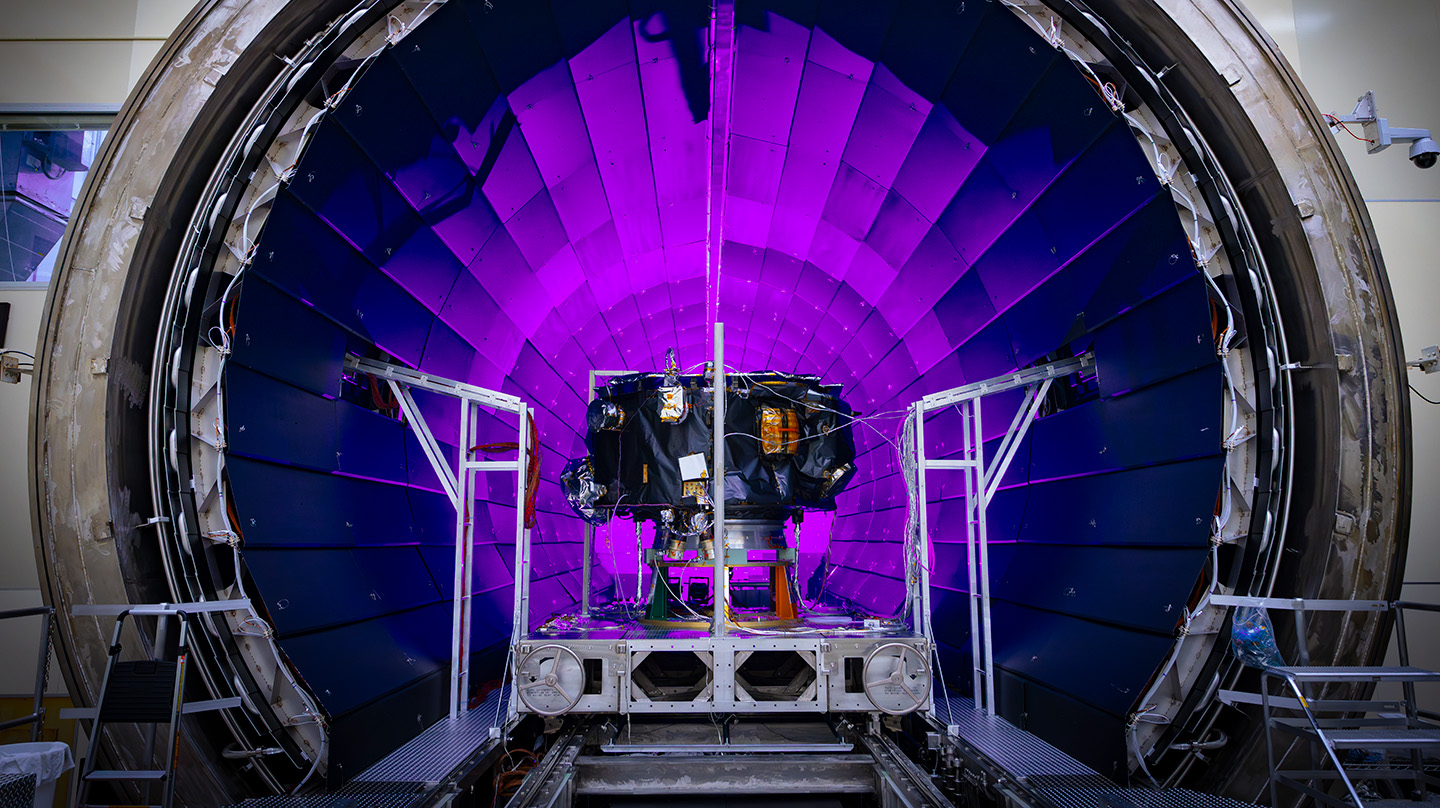Media Contacts
For Media
Contact Us
Media Inquiries
The Applied Physics Laboratory, a not-for-profit division of the Johns Hopkins University, meets critical national challenges through the innovative application of science and technology.
Our experts can provide the perspective and analysis reporters need to cover the news. Contact us to get connected or request permission to use images or videos.
Recent News and Press Releases

News
Oct 7, 2025
Standardizing Cyber Analytics to Secure Critical Infrastructure
A Johns Hopkins APL team has developed a framework for standardizing alerts transmitted by cybersecurity systems defending critical infrastructure, dramatically improving the efficiency with which they respond to potential attacks.

Press Release
Sep 24, 2025
NASA Launches IMAP Mission to Study the Heliosphere and Better Understand Space Weather
NASA’s Interstellar Mapping and Acceleration Probe (IMAP) lifted off aboard a SpaceX Falcon 9 rocket from the agency’s Kennedy Space Center in Florida at 7:30 a.m. EDT.

Press Release
Sep 19, 2025
NASA’s IMAP Mission Passes Major Prelaunch Milestone
NASA’s Interstellar Mapping and Acceleration Probe (IMAP) completed its Flight Readiness Review on Sept. 18, which certifies its readiness to initiate final launch preparation activities.

News
Sep 17, 2025
An Accelerated Paradigm for Developing Mission-Critical Materials
Scientists and engineers at Johns Hopkins APL are applying artificial intelligence and robotics to dramatically accelerate the process of designing, testing and optimizing metallic components for the defense industrial base.

Press Release
Sep 9, 2025
Johns Hopkins APL Named a Best Workplace for Innovators for Seventh Straight Year
For the seventh consecutive year, APL has been named one of Fast Company’s Best Workplaces for Innovators, recognizing the Lab’s sustained commitment to empowering bold ideas and transformative research.